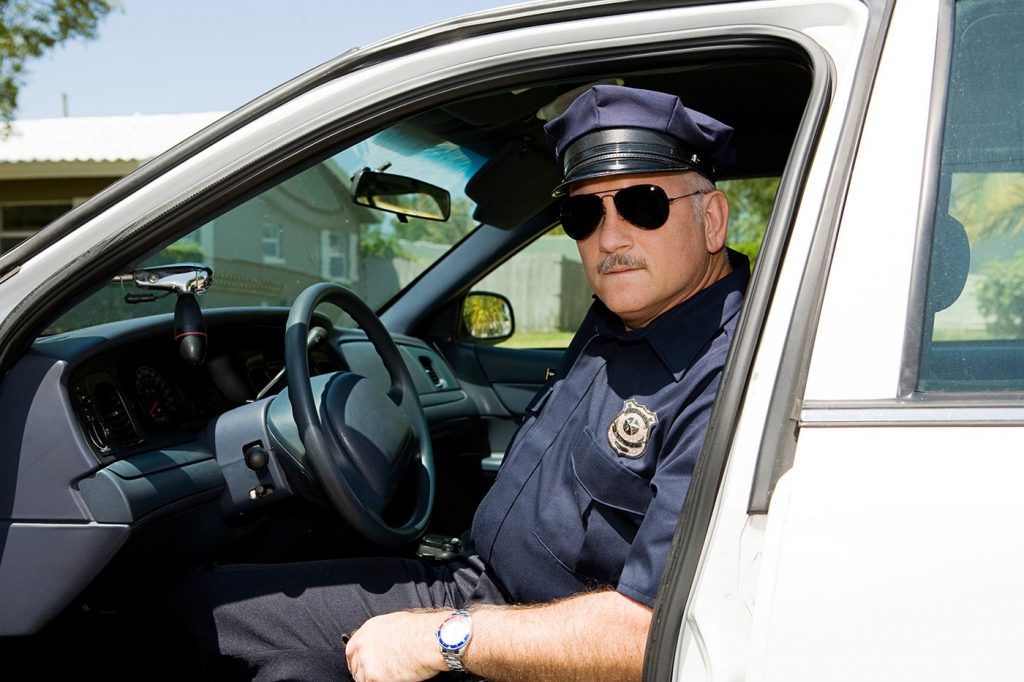
The law is a living breathing thing. It changes over time, in relation to shifting norms and fluctuating interpretations of statutes. Remember, at the beginning of the 20th century, racial segregation was legally codified and women didn’t have the right to vote. These larger shifts in normativity have been accompanied by smaller changes that affect our day-to-day lives. Take for instance the question of police searches and seizures. As recently as 2009, the Supreme Court limited a police officer’s ability to search a vehicle without a warrant. For this reason, it’s a good idea to review your rights in relation to vehicular searches that occur during traffic stops.
Consent
To begin, police officers can search your vehicle without a warrant in certain circumstances. For example, if you give consent to an officer, the officer may rummage through your car to see if there’s any evidence of illegal activity. To that end, it’s a good idea to remain calm throughout a traffic stop so as to avoid inadvertently offering your consent. Relatedly, the Fifth Amendment protects your right to silence. You don’t have to say anything self-incriminating.
Stay Calm and Polite
Remember, as scary as police officers can be, you are not required to give them access to your vehicle. If you get pulled over, just place your hands on the wheel and be as polite as possible. And be sure to only reach for your license and registration if they ask you to. Most importantly, don’t be aggressive toward the officer in any way whatsoever. The sad truth is that they have more power in this situation. So even if they are wrong, it’s best to wait until later to rectify the situation.
Naked Eye
A police officer can also search your vehicle if he or she happens to see illegal material in plain view. So if an officer sees an open container of vodka in your lap, they’re legally permitted to search your car sans warrant.
If Arrested
As briefly mentioned above, in 2009, the Supreme Court expanded Fourth Amendment protections for people arrested at traffic stops. It used to be that police were allowed to search cars immediately following an arrest. Now they can only search a car under certain conditions after an arrest has been made. This is known as “incident to arrest.”
In New York v. Belton, the highest court held “that when a policeman has made a lawful custodial arrest of the occupant of an automobile, he may, as a contemporaneous incident of that arrest, search the passenger compartment of that automobile.” The 2009 Court limited this ruling, saying that an officer may search an arrestee’s vehicle if the passenger’s side is in reach of the detainee or if the officers have reason to believe the car contains pertinent evidence. “When these justifications are absent, a search of an arrestee’s vehicle will be unreasonable unless police obtain a warrant,” Justice John Paul Stevens wrote in the majority opinion.
A Few Remaining Scenarios
Even if you aren’t arrested, a police officer can search your vehicle without a warrant if he has probable cause. This means they need to have legitimate reasons for believing there is incriminating evidence in your vehicle. Basically, an officer should be able to articulate his reasons if you ask him.
Officers can also search your vehicle if, for instance, you have just been involved in a shooting spree or are apparently dangerous. In this case, the police can search for weapons or any other hazardous materials – this is related to the 2009 Supreme Court decision. Relatedly, if they have reason to believe that there’s evidence in your vehicle and it will disappear in the near future, they can search your car.
Lastly, police officers can search your vehicle when it is impounded. Even if they impound your vehicle for a parking violation, they are permitted to do an extensive search of your car.
As you can see, police officers have broad authority to search your vehicle, but they must still adhere to certain rules. If they violate these rules, then your constitutional rights may be violated. In this case, it is a good idea to seek out a defense attorney with experience in criminal law. They can help you find justice.
